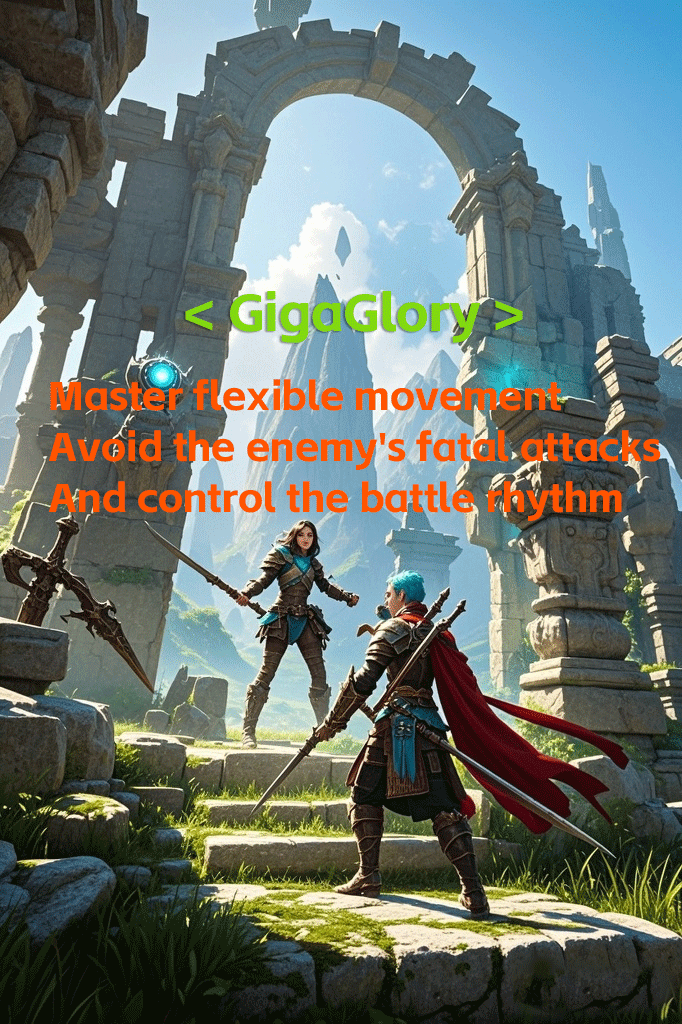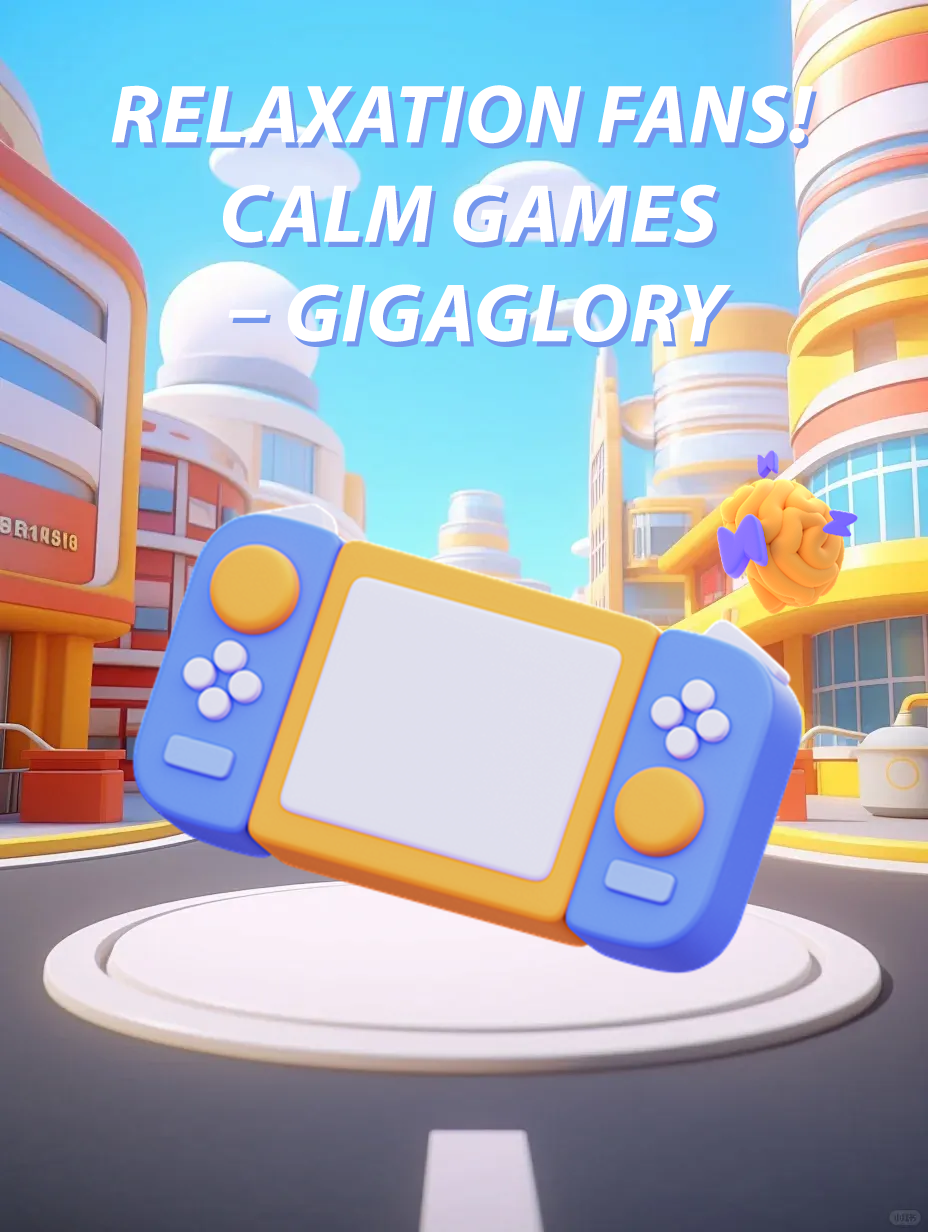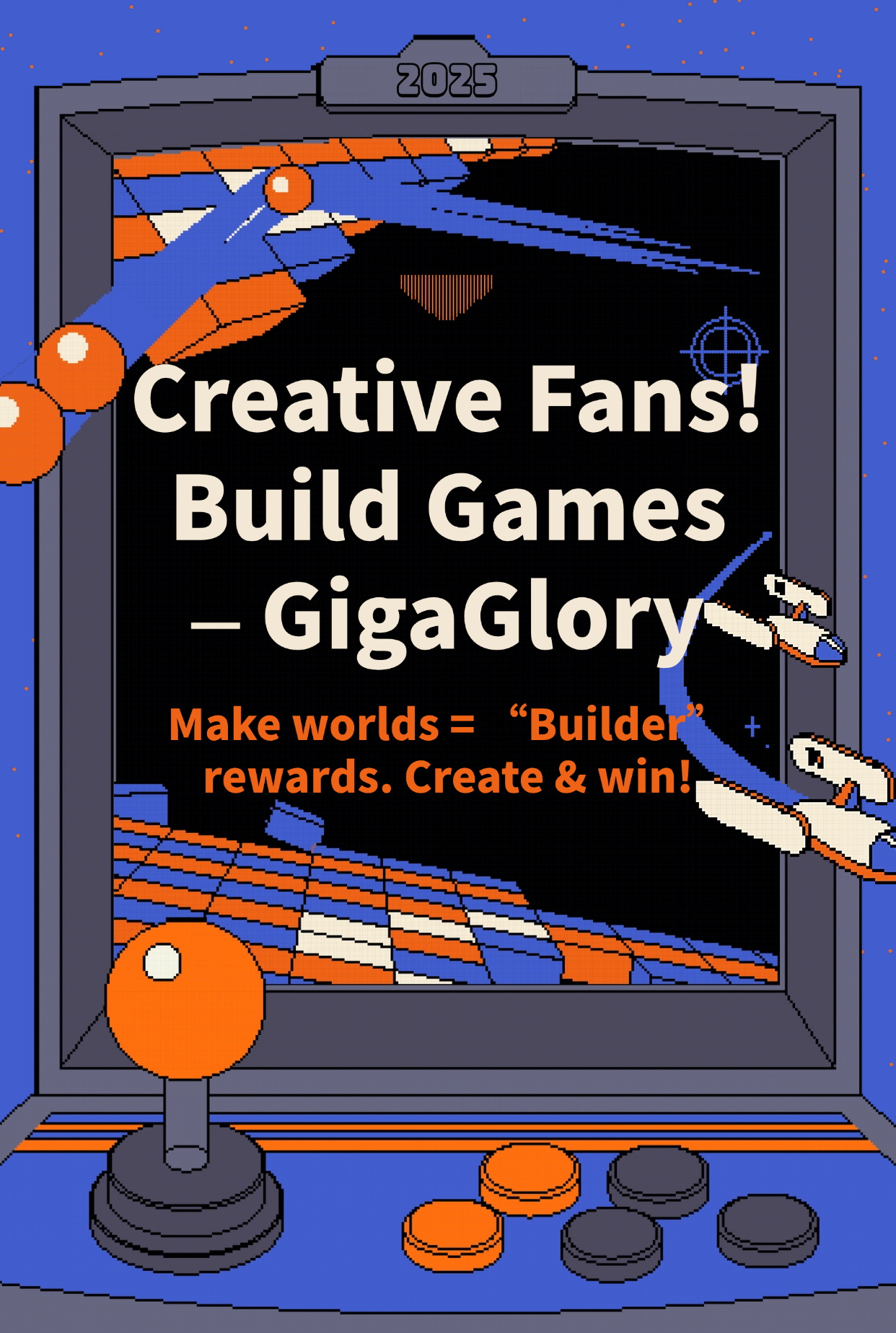Unlocking the Future: How Incremental Strategy Games Are Redefining Competitive Play
In the realm of gaming, the evolution of incremental strategy games has opened a fascinating window into how competitive play is being transformed. Unlike traditional strategy games that focus heavily on complex decision-making and immediate results, incremental games offer a unique twist, allowing players to gradually build and optimize their strategies over time.
The Rise of Incremental Strategy Games
Incremental strategy games are gaining traction among players who enjoy a mix of patience and strategic thinking. These games often involve mechanics where players progress through small achievements, leading to larger goals. This gradual approach not only appeals to those who prefer a more relaxed pace but also fosters a sense of accomplishment as players witness their in-game efforts yield tangible rewards.
| Key Features | Player Experience | Examples |
|---|---|---|
| Progression Mechanics | Gradual growth, satisfying feedback loops | Cookie Clicker, Adventure Capitalist |
| Strategic Depth | Long-term planning, resource management | Realm Grinder, Time Clickers |
| Community Engagement | Collaboration with fellow players, sharing tips | Idle Heroes, Clicker Heroes |
Competitive Play in Incremental Games
As incremental strategy games continue to grow, their competitive scene is developing as well. Players aren’t just playing for fun anymore; they seek to dominate leaderboards, engage in tournaments, and showcase their mastery. This shift towards competition provides a layer of excitement that traditional incremental games didn’t prioritize.
- Leaderboards: Highlighting top players encourages competition and community.
- Tournaments: Organized competitive events energize player communities and deepen engagement.
- Stratagem Sharing: Players share strategies in forums, enhancing overall gameplay dynamics.
Amazing RPG Games: Broadening the Horizon
While incremental strategy games claim their niche, there’s an interesting intersection with amazing RPG games. These games often blend narrative-driven gameplay with strategic elements. Players find themselves not only immersed in expansive worlds but also engaged in intricate decision-making processes. RPGs like Final Fantasy and The Witcher showcase how strategic gameplay can coexist with storytelling, appealing to diverse gaming audiences.
Disney Parks Magic Kingdom 45th Anniversary Jigsaw Puzzle
The Disney Parks Magic Kingdom 45th Anniversary Jigsaw Puzzle serves as a delightful slice of nostalgia for fans of both Disney and jigsaw puzzles. With 1000 pieces to assemble, this puzzle showcases iconic elements of the Magic Kingdom, inviting players to engage with the joyful challenges it presents while celebrating a beloved theme park’s legacy. Puzzles may not be incremental strategy games per se, but they reflect the same principles of patience and strategic assembly, finding connections in unique gaming experiences.
Conclusion
Incremental strategy games are not just a passing trend; they are redefining the landscape of competitive play in gaming. As players cherish the engaging mechanics and community aspects, the potential for competitive evolution becomes clearer. Whether it’s through leaderboard battles, community strategies, or even embracing nostalgia through puzzles, the future of gaming seems promising. A blend of patience, strategy, and community engagement continues to pave the way for a new era in game design, leaving players eager for what’s next.
FAQ
- What are incremental strategy games? They are games that emphasize gradual progress and resource management, often rewarding players for patience.
- How do these games promote competitiveness? Through leaderboards, tournaments, and community engagement, players are encouraged to compete and improve their strategies.
- Can incremental strategy games be combined with other genres? Yes, the fusion of RPG elements with incremental gameplay creates a rich player experience.
- What is the significance of community in incremental strategy games? Community fosters knowledge sharing, support, and enhances overall engagement among players.



